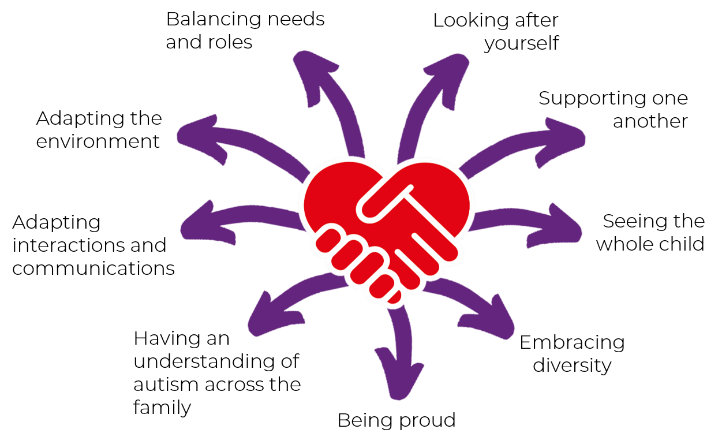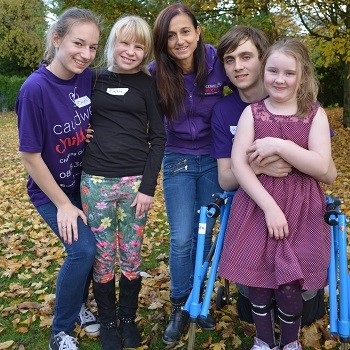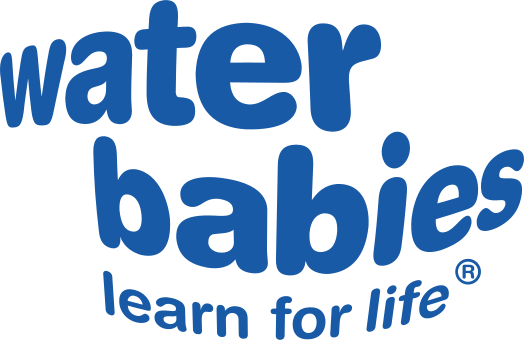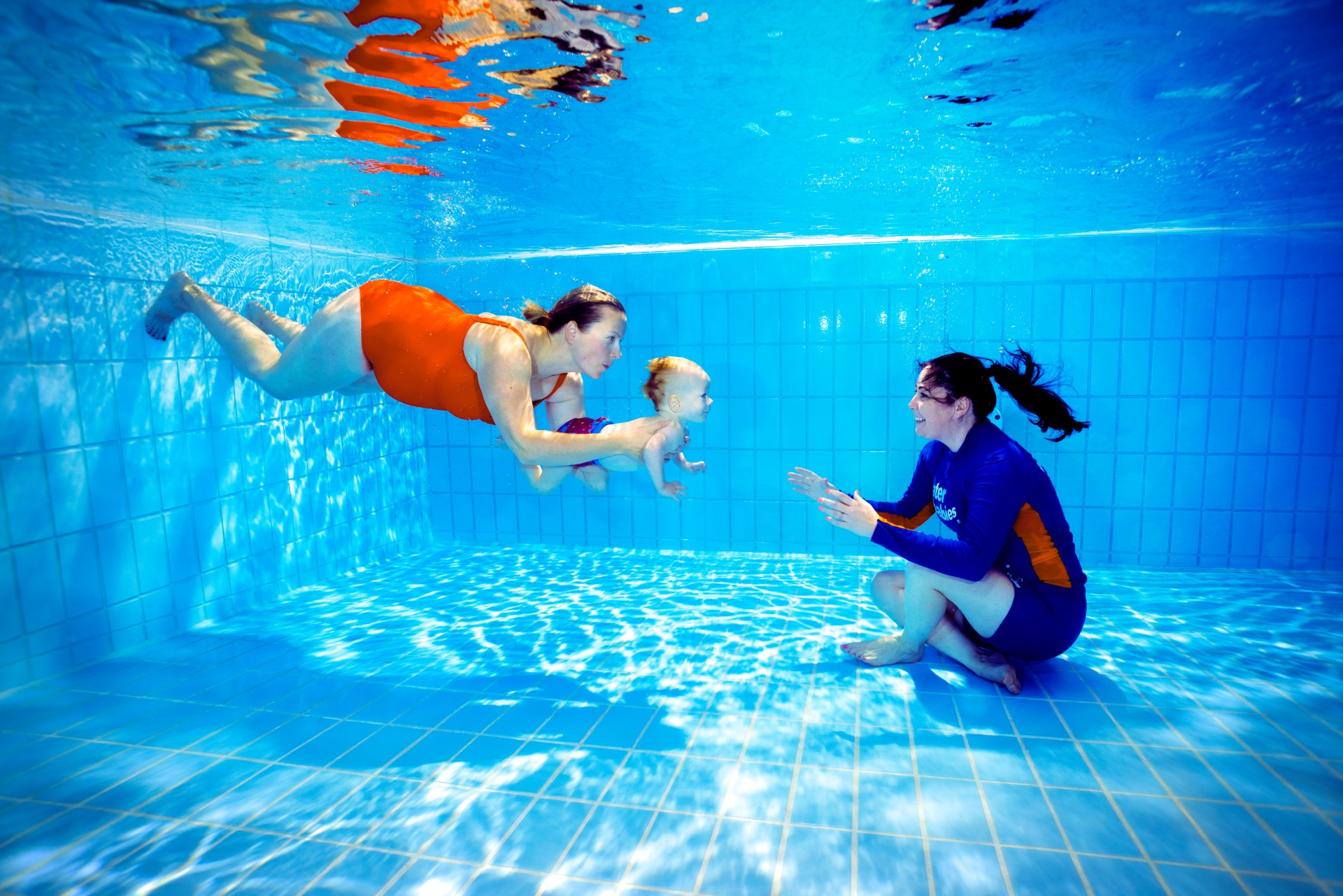Autism & Neurodiversity by Trudi Beswick, Chief Executive, Caudwell Children
Think of the world like a school disco.
In the middle of the room there are the group of girls and boys dancing together; some more confident than others, showing off, nervously laughing and chatting.
Then there is the child quite happy dancing on their own, busting some crazy moves, oblivious to what anyone else thinks.
There are a lot of children sat at the side, eating their pic-n-mix, staying in their normal friendship groups and not wanting to step out of that comfort zone.
A couple of children may have brought a book to read, really not interested in the disco but perfectly happy to be there doing what they enjoy.
There’s always one or two children looking on, just thinking and taking it all in.
Finally, there are the children that have stayed at home, quite adamant that they don’t want to go to a disco because its “not their thing” or because “they don’t play the music I like”.
None of the children experience the disco in exactly the same way; we all process and interpret information differently.
For some people, the brain processes and uses information in a way that can make communication and relationships more difficult.
For some people the loud music, flashing lights or someone asking them to dance at a school disco could cause extreme feelings of anxiety.
But with greater understanding of our differences, we can all adapt how we shape our environment and interact with each other to make the world a better place for everyone.
Autism is one of a group of conditions regularly clustered under the banner of ‘neurodiversity’. Other conditions you may have heard of in this group are dyspraxia, dyslexia or ADHD. Other terms regularly used for autism include ASD (Autistic Spectrum Disorder), ASC (Autism Spectrum Condition) and Asperger Syndrome often nicknamed ‘Aspies’.
Autism is what’s known as a spectrum condition, meaning that it affects everyone differently and can have a greater or lesser impact on people’s lives depending on how it affects them individually.
You may have heard the saying, “If you’ve met one person with autism, then you’ve met one person with autism.”
Every child is unique and different and each will have their own strengths and difficulties, including people with autism.
With the right support autistic children can grow up to enjoy happy, fulfilled and productive lives.

The way autism may impact a person’s life can generally be separated into five areas:
- Sensory experiences – they may be under or over sensitive to sensory input
- Imagination – they may struggle to pretend, be flexible to the needs of a situation or wishes of others
- Getting the gist – they may find it hard to link information together to make sense of a situation
- Mind separation – they may struggle to see things from other people’s point of view or perspectives
- Communication – they may find two-way communication difficult and take longer to understand the meaning of words or facial expressions
Autism can also really help children and adults in certain areas of life, if recognised and supported in the right way. For example, some autistic people may:
- Follow direction perfectly
- Be able to focus on specific tasks for prolonged periods
- Make sense of complicated systems, equations or processes
- Retain detailed or complex information
- Come up with completely new or novel ways of solving a problem, understanding science and making new discoveries
- Be exceptionally good at paying attention to detail.
Autism is a life-long condition, how and when it affects people differs individually. Some parents recognise signs as early as two years old, but it’s not possible to give a formal diagnosis then, as some behaviours may be a natural part of childhood development.
A formal diagnosis is only usually possible from around the age of four but some people aren’t diagnosed until much later as the social, emotional and practical support they get from family and teachers reduces and expectations change as they get older. Some people are not diagnosed until adulthood.
If you feel your child is not developing like siblings or friends, discuss your concerns with your GP or with a school’s Special Educational Needs (SEN) staff, asking for a referral to an autism assessment service if necessary.
Autistic children and adults make up the wonderful diversity of human life and while some autistic people may need additional help and support, particularly through childhood, they all have a valuable role to play in society.
All of us can ensure we are ‘Autism Friendly’ by adopting a more accepting and supportive reaction to anyone we meet that may seem to react differently to the world around us.
Whether you have direct experience of autism or not, you can still play a part in making the world better for everyone.

At Caudwell Children we have been supporting autistic and disabled children for over 20 years. By ‘seeing the child, not the disability’ we have focused on the potential that every child has within them and supported them to realise their potential.

In 2019 we opened the Caudwell International Children’s Centre, the UK’s first independent purpose-built facility dedicated to the assessment, support and research of neurodevelopmental conditions including autism.
We are committed to providing practical and emotional support for children and to improving long term societal outcomes so that every child has the same opportunity, choice, dignity and understanding.
To find out more about Caudwell Children’s autism services please visit: www.caudwellchildren.com/autism
To donate and help us continue our vital work: www.caudwellchildren.com/donate

